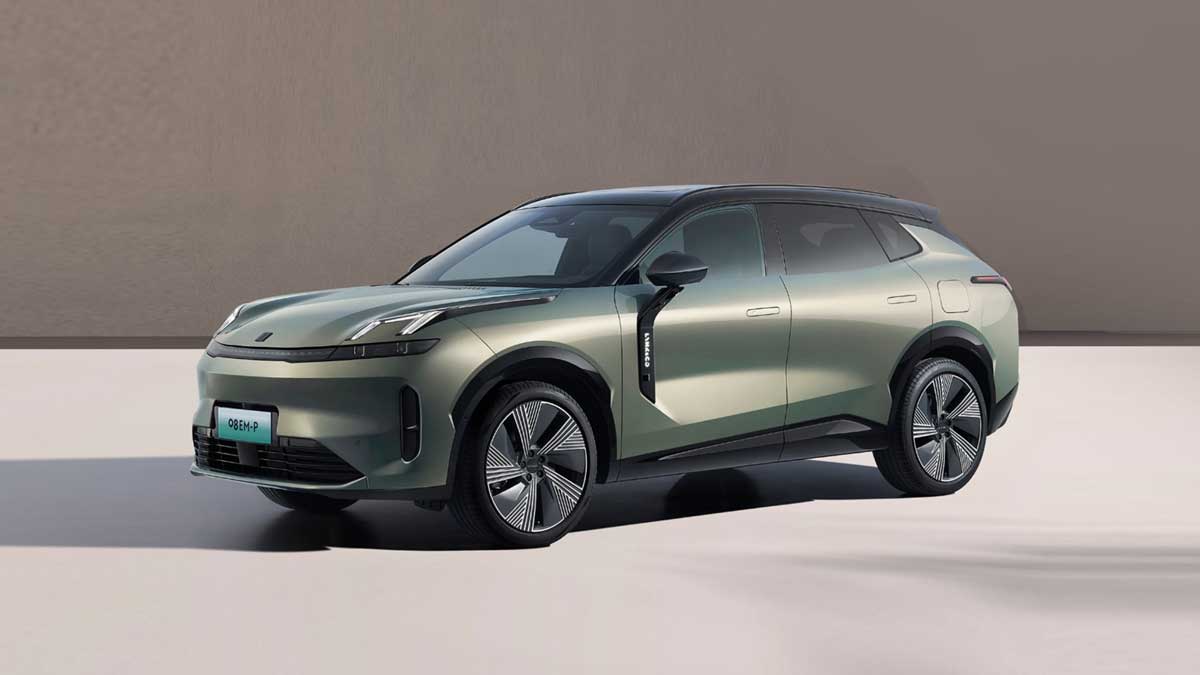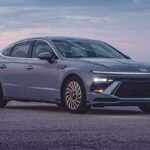- Home
- Billionaires
- Investing Newsletters
- 193CC 1000
- Article Layout 2
- Article Layout 3
- Article Layout 4
- Article Layout 5
- Article Layout 6
- Article Layout 7
- Article Layout 8
- Article Layout 9
- Article Layout 10
- Article Layout 11
- Article Layout 12
- Article Layout 13
- Article Layout 14
- Article Sidebar
- Post Format
- pages
- Archive Layouts
- Post Gallery
- Post Video Background
- Post Review
- Sponsored Post
- Leadership
- Business
- Money
- Small Business
- Innovation
- Shop
Recent Posts
China’s Auto Market Sees Rise of PHEVs Over BEVs

China’s automotive market has witnessed a significant shift, with over 50% of cars sold in the country categorized as “new energy vehicles” in the first half of April 2024. However, contrary to expectations, the surge in sales was driven not by battery electric vehicles (BEVs) but by plug-in hybrids (PHEVs). This trend raises questions about the future of China’s much-touted BEV market and its potential impact on the dominance of internal combustion engine (ICE) vehicles.
At the Auto China 2024 show in Beijing, Madam Ruiping Wang, CEO of Aurobay, Geely’s ICE-producing division, highlighted this shift. She pointed out that while BEVs accounted for 23% of the Chinese market at the end of 2023, their share has now dropped to 21%, with PHEVs rising to 15%. This indicates a growing preference for hybrids, which now make up 19% of the market, compared to BEVs at 21%.
The rise of PHEVs over BEVs can be attributed to several factors. One key reason is the practicality of PHEVs for Chinese families, many of whom own only one car. BEVs are ideal for city driving but fall short on longer journeys, which are common in a vast country like China. PHEVs offer the best of both worlds, providing electric-only driving for city use while having a gasoline engine for longer trips, eliminating range anxiety.
Another factor driving the popularity of PHEVs is their improved performance and electric range. Newer PHEV models offer significantly longer electric-only driving ranges compared to earlier versions, making them more practical for daily use. Additionally, advancements in fast DC charging technology have made it easier to recharge PHEVs on the go, further enhancing their appeal.
Cost is also a significant factor in the rise of PHEVs. Batteries, a key component of BEVs, are still expensive. By opting for a PHEV with a smaller battery, customers can enjoy BEV-like driving experience at a lower overall cost. This cost-effectiveness, coupled with the convenience of hybrid technology, has made PHEVs an attractive choice for many Chinese consumers.
While PHEVs are gaining ground, BEVs are not being entirely sidelined. Companies like Geely continue to invest in BEV technology, recognizing its long-term potential. However, the current market dynamics suggest that PHEVs are carving out a significant share of the Chinese automotive market, offering a compelling alternative to both ICE and BEV vehicles.
The shift towards PHEVs in China’s automotive market is not just a local trend but could also have implications for global markets. As China reevaluates its approach to electric vehicle adoption, other regions, including Europe and America, may also reconsider their strategies. The resurgence of PHEVs highlights the complexity of the automotive market and the need for diverse solutions to meet varying consumer needs.
Recent Posts
Categories
- 193cc Digital Assets2
- 5G1
- Aerospace & Defense21
- AI17
- Arts1
- Banking & Insurance11
- Big Data3
- Billionaires153
- Boats & Planes1
- Business134
- Careers13
- Cars & Bikes39
- CEO Network1
- CFO Network16
- CHRO Network1
- CIO Network1
- Cloud6
- CMO Network17
- Commercial Real Estate7
- Consultant1
- Consumer Tech46
- CxO1
- Cybersecurity12
- Dining1
- Diversity, Equity & Inclusion4
- Education6
- Energy8
- Enterprise Tech24
- Events11
- Fintech1
- Food & Drink2
- Franchises1
- Freelance1
- Future Of Work2
- Games61
- GIG1
- Healthcare28
- Hollywood & Entertainment41
- Houses1
- Innovation21
- Investing2
- Investing Newsletters4
- Leadership62
- Lifestyle9
- Manufacturing1
- Markets19
- Media101
- Mobile phone1
- Money13
- Personal Finance2
- Policy109
- Real Estate1
- Research6
- Retirement1
- Small Business1
- SportsMoney4
- Style & Beauty1
- Success Income1
- Taxes1
- Travel9
- Uncategorized1
- Vices1
- Watches & Jewelry1
- world's billionaires127
Related Articles
2024 Hyundai Sonata Hybrid: Efficient and Spirited Sedan
The 2024 Hyundai Sonata Hybrid Limited is a spirited and efficient sedan...
By 193cc Agency CouncilMay 13, 2024Porsche 718 GT4 RS Receives Manthey Nürburgring Treatment
Manthey, known for their expertise at the Nürburgring Nordschleife, has teamed up...
By 193cc Agency CouncilMay 11, 2024Frontline LE60: V8-Powered MGB GT Restomod Review
As the Euromillions jackpot peaks at an astounding £130 million ($163 million),...
By 193cc Agency CouncilMay 10, 20242025 Rolls-Royce Cullinan Series II Unveiled
The 2025 Rolls-Royce Cullinan Series II has been unveiled, marking a significant...
By 193cc Agency CouncilMay 9, 2024














Leave a comment